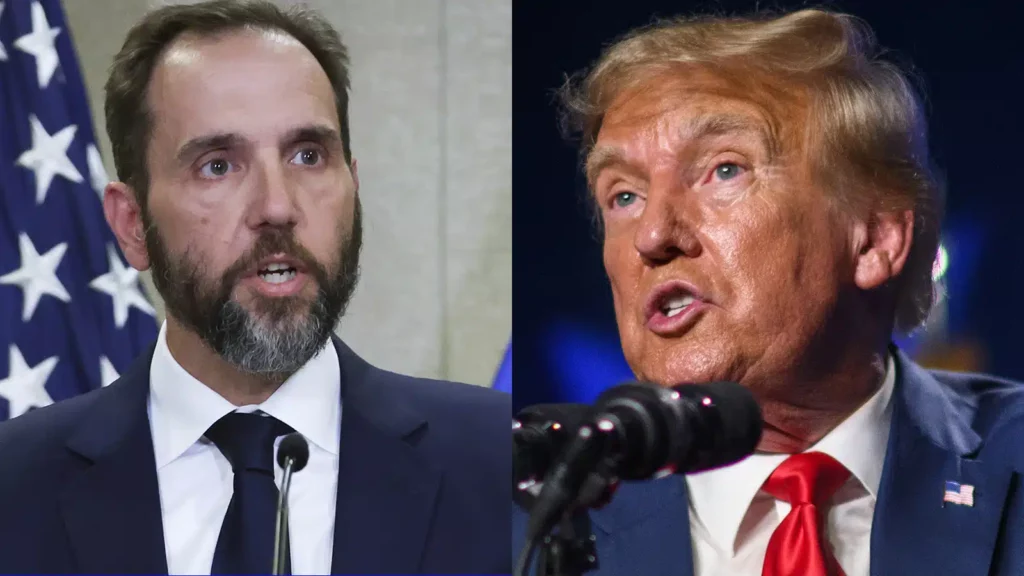
The sanctity of the First Amendment, a cornerstone of American democracy, is being hotly debated in the wake of recent charges against former President Donald Trump. Stemming from the events of Jan. 6, 2021, these charges have ignited a fierce debate among legal experts, political commentators, and the public at large.
Jonathan Turley, a renowned professor at Georgetown Law School, has been at the forefront of this debate. He has voiced his concerns about the implications of the indictment, suggesting that it might be an attempt to criminalize certain types of speech. “”The charges brought against Trump are not just about the former president. They touch upon the very essence of our democracy: the freedom of speech,”” Turley remarked during a recent interview.
The charges, which have been filed by special counsel Jack Smith, revolve around Trump’s alleged actions and statements leading up to the Capitol riot. While the events of that day were undoubtedly tragic and have left an indelible mark on the nation’s history, the question remains: Do the charges against Trump infringe upon his First Amendment rights?
Turley believes they might. “”When we start to blur the lines between free speech and criminal activity, we’re treading on dangerous ground,”” he warned. He further elaborated on the potential chilling effect this could have on political discourse in the country. “”Today, it’s Trump. Tomorrow, it could be any political figure who holds unpopular or controversial views,”” Turley added.
The debate isn’t just confined to legal circles. The public, too, has been vocal about their views on the matter. Social media platforms are abuzz with discussions, with many questioning the timing and intent behind the charges. Some see them as a political move by the current administration to tarnish Trump’s legacy, while others believe they are a necessary step to ensure accountability for the events of Jan. 6.
Another aspect of the debate centers around the nature of the charges themselves. The law from which one of the charges stems dates back to around 1900 and was primarily aimed at obstructing travel on highways. Its relevance and applicability in the current context have been called into question by many legal experts.
As the debate rages on, other prominent figures in the legal community have also weighed in. Alan Dershowitz, a Harvard law professor, expressed his concerns in a separate interview. He highlighted potential flaws in the indictment and questioned the motivations behind it. “”The First Amendment is clear about the protection of free speech, even when it’s unpopular or controversial. We must tread carefully,”” Dershowitz cautioned.
The implications of this case go beyond Trump. It touches upon the broader issue of free speech in the digital age, where the lines between fact and fiction, right and wrong, are often blurred. With the rise of social media and the rapid spread of information, the challenges to the First Amendment are more complex than ever.
In conclusion, the charges against Trump have brought to the forefront a critical debate about the boundaries of free speech in modern America. As the legal battle unfolds, its outcome will undoubtedly shape the discourse on the First Amendment and its role in a rapidly changing world.
Source Conservative Brief

